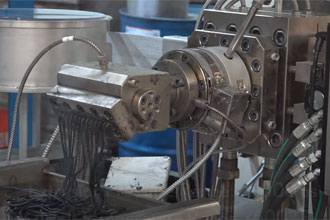

October 28 2020

A continuous melt filtration system from Key Filters is an effective way to filter out contaminants in your extrusion process, especially if you experience operational constraints due to increased shutdowns. To be confident that the machine you trust us to engineer and manufacture is the right one for your application, we will often request to test your thermoplastic material on our lab system in Woonsocket, RI. This lab trial, which is complimentary if the material or process characteristics are unique, will also allow us to confirm the contamination levels are within the machine's performance range.
What should you expect when a trial is needed?
If a trial is required, an adequate sample size (typically 500 to 1000 pounds) of the material is necessary, although it is dependent on the type and volume of containments. Your material is run through our 2-1/2" single screw extruder into a 3-1/2" KCH continuous belt screen changer with a strand die that feeds into a cooling bath. This process usually takes between four to eight hours. We log data from the extruder temperature zones, pressure increase over time while not advancing, and the screen advancement rate needed to achieve uniform pressure. We also log the total throughput along with upstream and downstream pressures. This throughput is measured at various extruder RPM levels, so the flow rate of the material through the breaker plate's open area can be assessed. This flow rate is used to calculate the correct size screen changer for the requested application. Tracking the pressure increase over time and the advancement rate to achieve stable pressure is used to estimate screen consumption during production and the projected length of time between screen roll changes.
Running your material through our testing lab is a sure way to verify screen changer size, estimate the running pressures, and identify advancement rates. However, there are still a few variables that need consideration. The extruder screw design plays a part in thermoplastics, and the lab extruder screw may not be optimal for your application, ultimately affecting the viscosity levels the screen changer will see with your material. This is where our experience comes in, as we can take this into account when conducting any type of scaling for the machine size. While scaling up in machine size, we treat the application as if there is a linear relationship.
Conducting trials of your material in our filtration lab line is a great way to gather insight into how your application will perform when filtering contaminated thermoplastics through the KCH continuous belt screen changer. Data from the lab trials coupled with decades of experience will give you the peace of mind that Parkinson Technologies' Key Filters team and the KCH have what it takes to increase your extrusion line's performance successfully.
Please contact us If you would like to learn more.